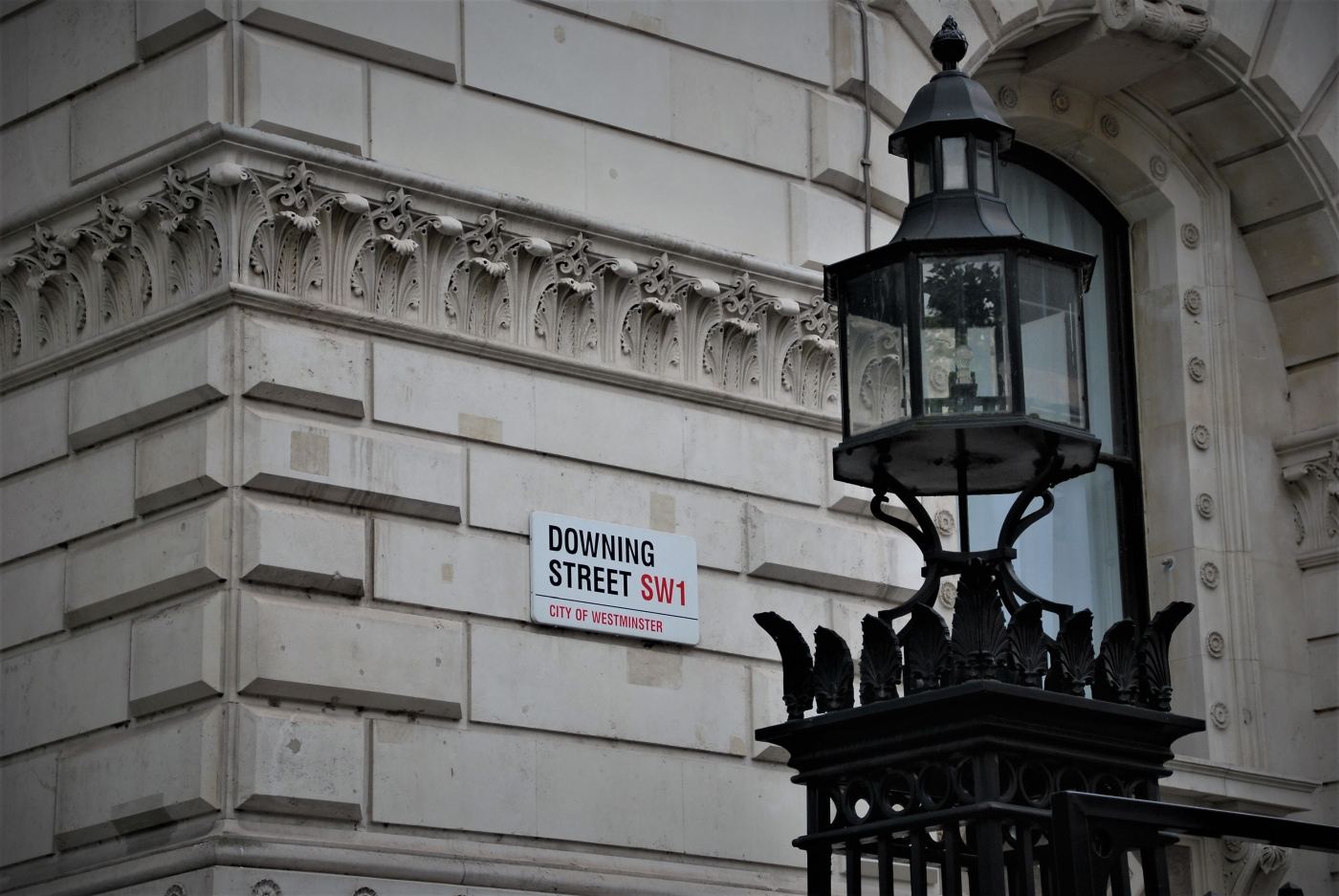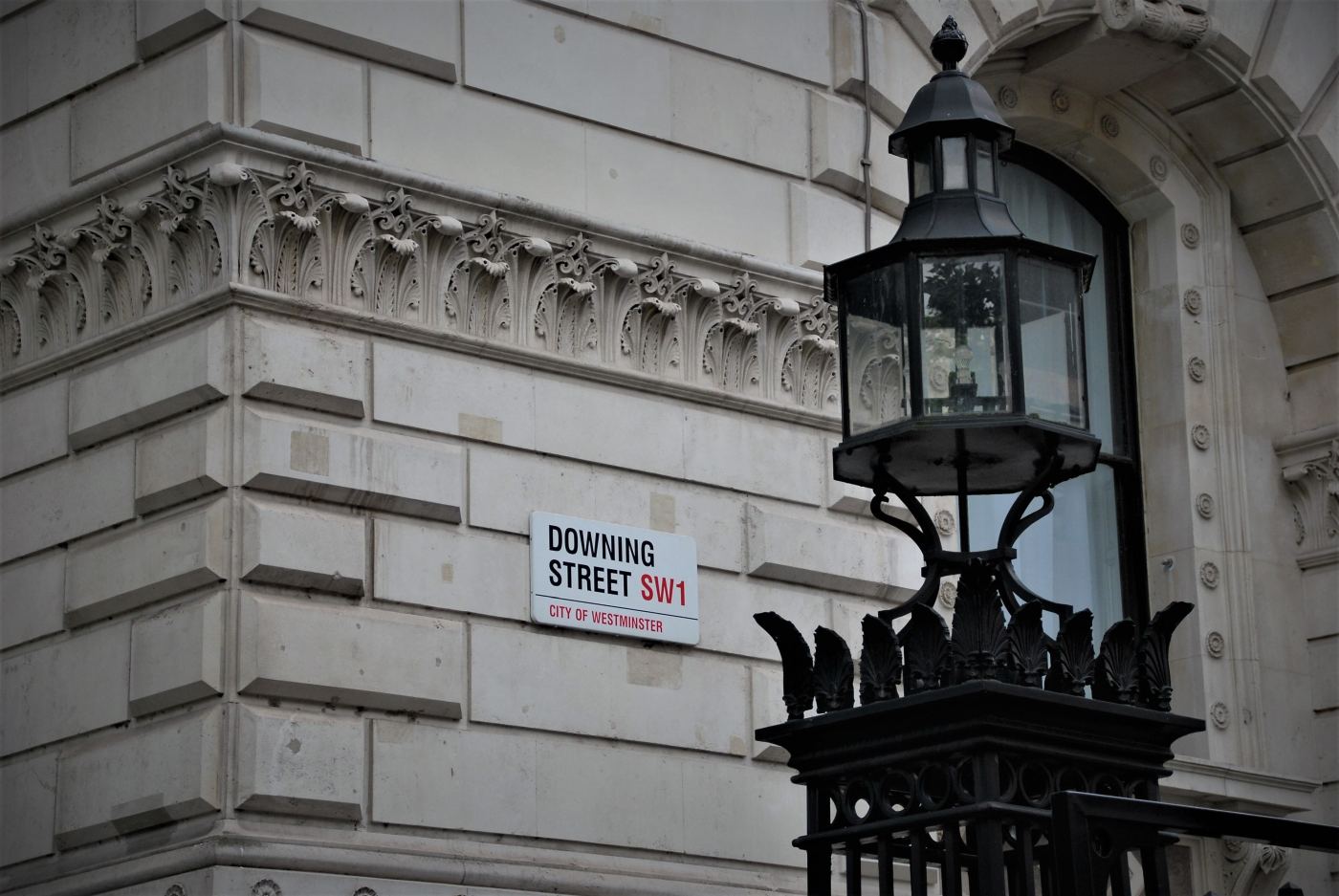
“I’m totally, 100% on it.”
Not, this time, fizzy beverages for our self-declared “total Coke addict” PM. No. This week, Sunak has been reassuring the nation - in the style of a particularly desperate Apprentice contestant - that he is still sure that he can meet his target of halving inflation by the end of the year.
There are some problems with that target, of course.

The original sin of it was that it was supposed to be a clever political trick in the first place. Our governments have vanishingly little control over levels of inflation in the short term. Pretty much the only immediate lever available for pushing down demand-led inflation is interest rates. Putting these up hurts demand and - therefore - pushes down prices. Interest rates, as we were all reminded this week, are set not by Government but by the Bank of England. So why did he promise to bring inflation down if he has no meaningful power to do so? Because it was a wheeze. He believed the Bank when they announced that this round of inflation was transitory, and he believed that he could hitch himself to that precision and therefore claim some credit when it came to pass.
But the Bank was wrong, it often is. And now, Sunak is left having demanded that we judge him on his success in achieving something that looks unlikely to happen and over which he has no agency. The public can hardly be blamed if it decides to hold him at his word and to hold him to account on the issue he has asked them to.
The second problem with the promise to halve inflation is that even the levers available to the Bank - interest rates, again - may be weaker than they once were and have some disastrous side effects.
In a world where more and more ageing boomers own their houses outright, benefit from the triple-lock on pensions and enjoy significant financial independence it is very unclear what effect interest rate changes will actually have on aggregate demand. Why should retirees with no mortgage to pay curb their spending just because the Bank has asked them to?
The people who are impacted - those with mortgages and those living in private rental accommodation - are in for a very, very hard few years. Many of them are the epitome of the Tory dream. They have worked and saved and bought a home. They are paying for childcare. They are tired and stressed and they have just been made noticeably and significantly poorer. Unhelpful calls from some Conservative backbenchers that we bail these people out through Mortgage Interest Relief (literally undermining the very purpose of the hikes) make it all even harder for Sunak and Hunt - it creates a surround sound in which they are somehow choosing to ruin these lives rather than stepping in to help.
The upshot of which is that - even if one puts aside very real arguments about whether or not this is, in fact, demand-led inflation at all - the measures being put in place may not be terribly effective but may well cause terrible harm to the kind of swing voters Sunak most needs to win over.
It is in this context that Rishi Sunak seeks to make his pitch to the country. Even if inflation begins to fall, if the measures take some effect, he will face the electorate at a time when many voters feel much poorer, and the cost of living feels much more expensive. Polling tells us that a plurality of voters accord all or most of the blame for this on Government decisions. It is not hard to see why.
And so - like a wannabe mogul on The Apprentice, whose team has just magnificently fluffed this week’s task - Sunak is left hoping that either something comes up or that someone else takes the blame. He is in charge neither of our economy nor his own party and therefore he lacks control of his own destiny. He is flailing around and giving faux-inspirational speeches. Of course, something might come up. He might, finally, catch a lucky break. But this week it became even more likely that, at their first opportunity to do so, the British public will tell the Prime Minister ‘You’re fired’.